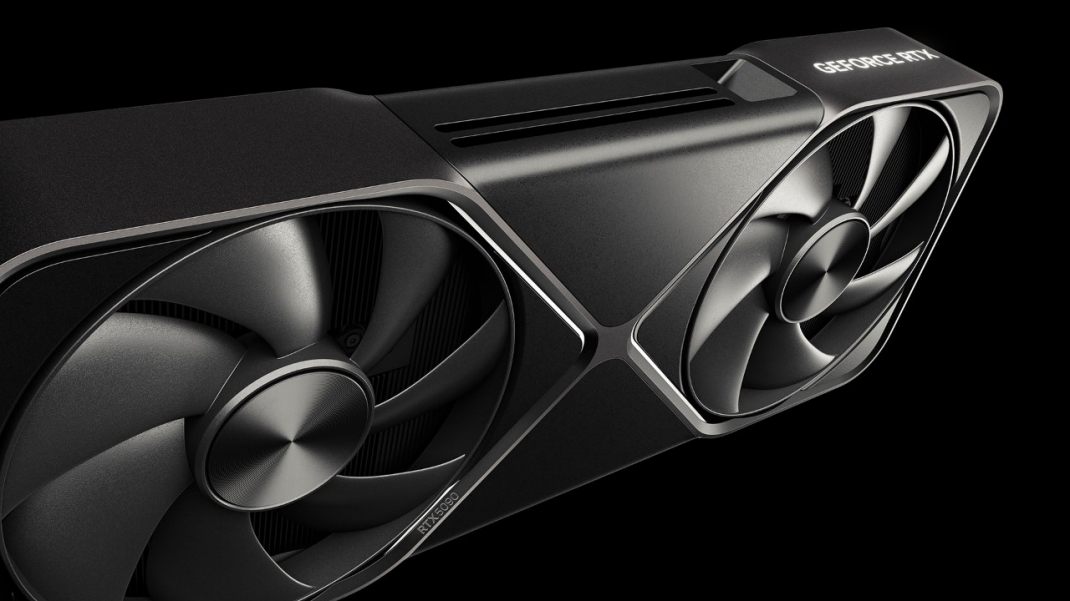Star Wars Jedi: Survivor received solid reviews from critics yesterday, and the game has also managed to reach the top of best-selling charts for various platforms like Steam. Suffice it to say, the Star Wars game from Respawn Entertainment is among the most anticipated releases of 2023.
However, a common criticism in the reviews concerned the game’s performance and technical limitations. Many reviewers claimed that the PS5 version could not hold its target frame rate in either performance or quality mode.
This did not bode well for the PC version since the platform has already struggled with numerous poor PC ports over the last few months. Unfortunately, it looks like Star Wars Jedi: Survivor will not be breaking away from this trend, with reports highlighting several performance issues.
The issues range from the usual frame rate drops to VRAM consumption. For starters, the game cannot hit 60FPS with a GeForce RTX 4090 and Ryzen 9 5900X configuration at 1440p.
The frame rate stays around the mid-40s but can fall below 30 FPS on certain occasions. Despite a high-end CPU used in the video, Star Wars Jedi: Survivor appears to suffer from a CPU bottleneck, with the GeForce RTX 4090 utilization staying below acceptable levels.
As such, Star Wars Jedi: Survivor shows wildly inconsistent frame rates throughout the video. This brings us to VRAM consumption. As noted, the game can sometimes consume up to 20GB of VRAM. This means that the game will not be able to run well on anything but the best graphics cards from AMD and Nvidia, which cost well over $500.
While VRAM consumption is incredibly high, it also consumes over 16GB of RAM. It should be noted that the official system requirements for the game recommended 16GB RAM and 8GB graphics cards like the GeForce RTX 2070 and Radeon RX 6700XT.
Other PC reviews have shared similar concerns for Star Wars Jedi: Survivor. The game is also limited to AMD’s FSR 2.0 for upscaling technologies, missing out on Nvidia DLSS and Intel XeSS.
All of this means that users on mid-range and budget hardware will have a less-than-ideal experience with Star Wars Jedi: Survivor.
EA and Respawn Entertainment are also promising fixes after the game’s release, but these kinds of PC ports have set a bad precedent for new AAA games.
Cal’s newest journey in a galaxy far, far away has begun and we’re excited for you to experience it!
Our first patch will arrive on launch day across all platforms. In the weeks ahead, we’ll deploy patches that will:
– Fix bugs
– Improve performance
– Add more accessibility… pic.twitter.com/pUtyoGopP5— EA Star Wars (@EAStarWars) April 26, 2023
Recent releases like Wild Hearts, The Last of Us Part 1, and more have all suffered from poor PC ports that are fixed months down the line.
Much to our disappointment, Respawn Entertainment may be gearing up to follow a similar pattern, and it would be best for PC gamers to avoid the game until these severe performance issues are addressed.
Thank you! Please share your positive feedback. 🔋
How could we improve this post? Please Help us. 😔
[Senior News Reporter]
Avinash is currently pursuing a Business degree in Australia. For more than 5 years, he has been working as a gaming journalist, utilizing his writing skills and love for gaming to report on the latest updates in the industry. Avinash loves to play action games like Devil May Cry and has also been mentioned on highly regarded websites, such as IGN, GamesRadar, GameRant, Dualshockers, CBR, and Gamespot.




